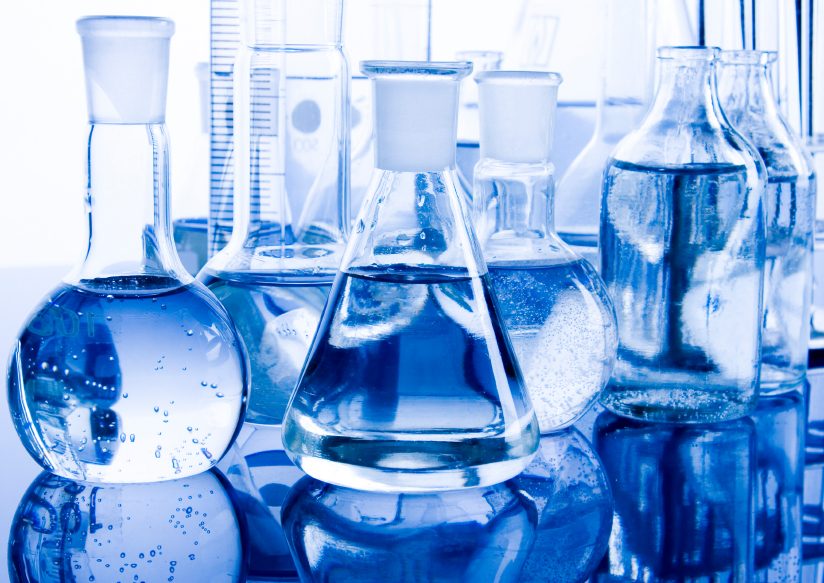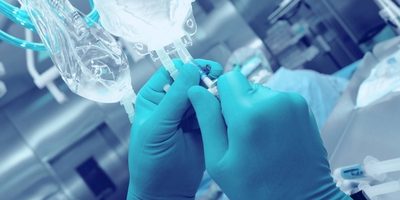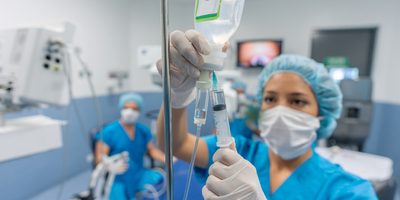
Plasma-Lyte 148® versUs Saline (PLUS) Study
Fluid administration is a fundamental component of the management of critically ill patients and the choice of fluid is a longstanding issue of debate. Worldwide, 0.9% saline has traditionally been the most widely used resuscitation fluid, however its use is increasingly challenged by evidence that suggests its high chloride content may have clinically important adverse effects.
Two pivotal George Institute trials, the Saline versus Albumin Fluid Evaluation (SAFE) study and the Crystalloid vs. Hydroxyethyl Starch Trial (CHEST) remain the two largest Randomised Controlled Trials (RCTs) ever conducted in Intensive Care Medicine. These trials have influenced clinical practice and medical regulatory authorities worldwide.
The use of balanced crystalloid solutions such as Plasma-Lyte 148® may be associated with decreased mortality and decreased risk of Acute Kidney Injury in critically ill patients.
Aims
PLUS is a multi-centre, blinded, randomised, controlled trial (RCT) which will determine whether fluid resuscitation and intravenous fluid therapy with a “balanced” crystalloid solution (Plasma-Lyte 148®) decreases 90-day mortality in critically ill patients requiring fluid resuscitation when compared with the same treatment using 0.9% sodium chloride (saline).
Design
This study is a prospective, multi-centre, parallel group, concealed, blinded, randomised, controlled trial. The primary endpoint will be death from all causes at 90 days after randomisation.
Methods
8,800 patients will be enrolled at approximately 50 study sites in Australia and New Zealand. Participants will be randomly assigned to receive either Plasma-Lyte 148® or 0.9% saline for all resuscitation episodes and for all compatible crystalloid therapy while in ICU for up to 90 days after the first episode of fluid resuscitation (randomisation).
Proposed Study Timeline
- Participant recruitment Q3 2017 – Q3 2020
- Last participant primary outcome Q4 2020
- Data cleaning and analysis Q1 2021
- Publication of primary results Q2 2021











